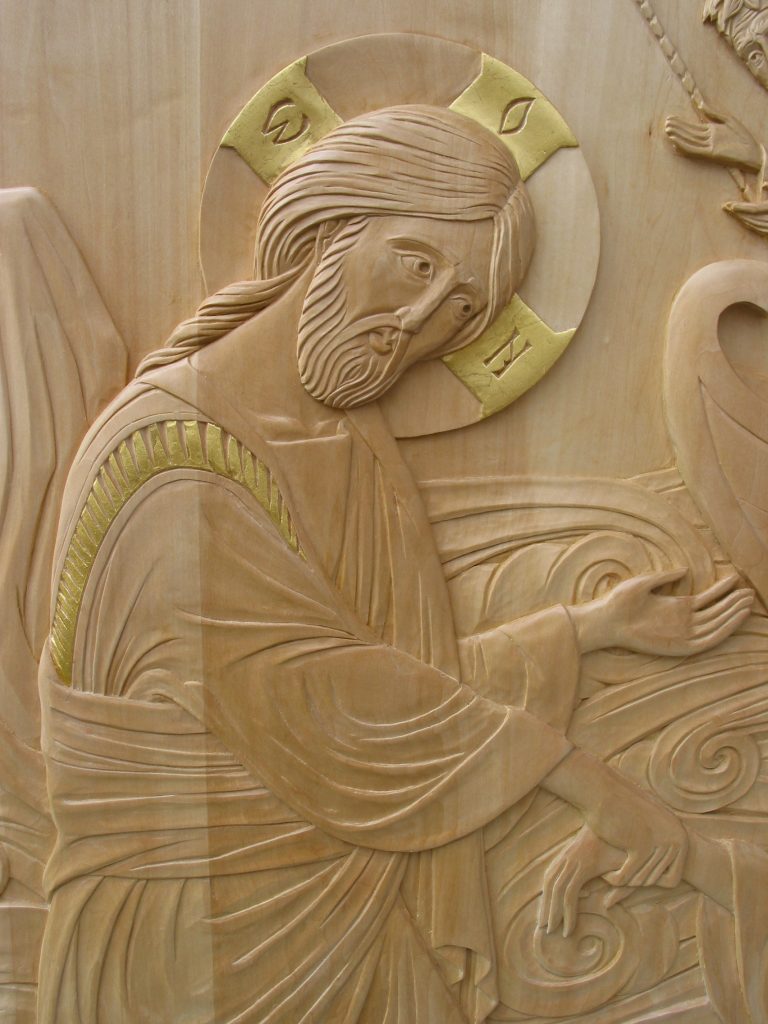Musical Notes

Musical Notes:
June 26, 2019
Prelude Toccata on the Doxology Darwin Wolford
Louis Bourgeois (1510-1559), a French disciple of the Swiss reformer John Calvin composed tunes for the French Psalter in 1561. Several of his tunes are used today, including Old Hundreth (the Doxology sung weekly). The tune is heard in a lively setting by Darwin Wolford (b.1936), retired Ricks College (Idaho) music professor.
Introit
Blessed be the Holy Trinity, and the undivided Unity: let us give glory to Him because He hath shown His mercy to us.
(Psalm 8:1) O Lord, our Lord, how excellent is thy name in all the earth!
Offertory
(Psalm 48:8) We have heard, so have we seen in the city of the Lord of Hosts, in the city of our God: God will establish it for ever.
(Psalm 48:10) According to Thy name, O God, so is Thy praise unto the ends of the earth: Thy right hand is full of righteousness.
Adoro te devote Richard Keys Biggs
The hymn during communion, #204, is a 13th century chant to a translation of the Latin eucharistic poem by St. Thomas Aquinas, 13th century Italian Dominican priest. The setting is by Richard Keys Biggs (1886-1962), organist/director at Hollywood’s Cathedral of the Blessed Sacrament.
Postlude Holy God, We Praise Thy Name Max Reger
The hymn “Holy God, we praise your name” is a metrical version of Te Deum laudamus, a hymn that dates to the 5th century. The text and tune of the recessional hymn were published in the Catholic Songbook in Vienna in 1774. The organ setting is by Max Reger (1873-1916), professor at the Leipzig Conservatory and composer of organ/choral/orchestral music.






